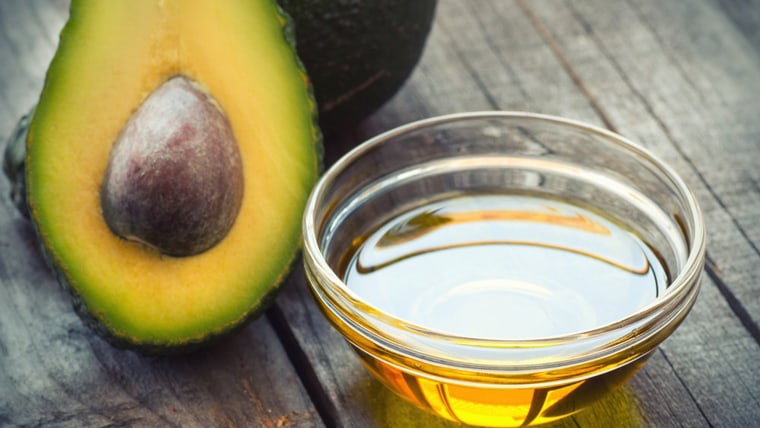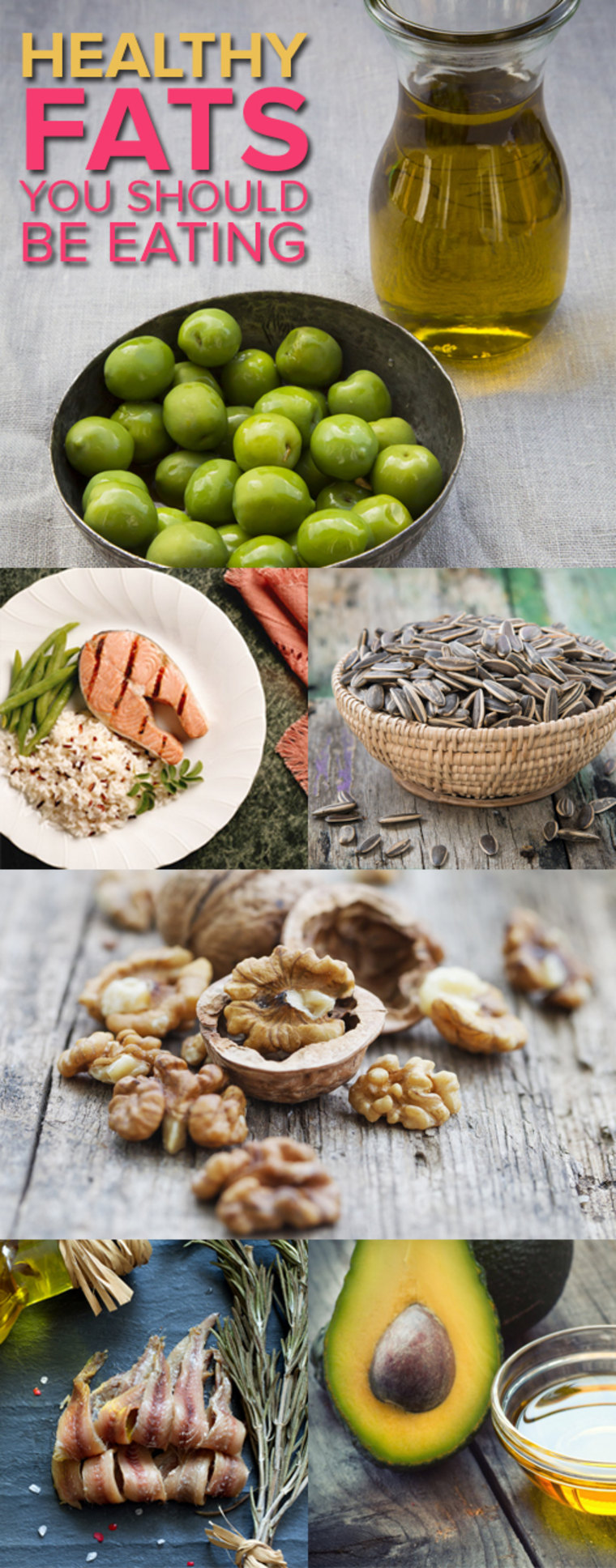If you eat more artery-clogging, saturated fats, you'll likely have a higher risk of heart disease. That's well documented. But simply cutting saturated fats isn't enough — if you also eat more heart-healthy fats, you may reduce your risk of dying, a new study from the Journal of the American Heart Association finds.
Although eating patterns vary throughout the world, the analyses of data from 186 countries found a strong connection between dietary fat intake and death from heart disease.

The researchers observed that roughly 700,000 deaths from heart disease were associated with low intake of heart healthy, unsaturated fats.
Only about one-third of those deaths (250,000) were associated with excess consumption of artery-clogging saturated fats.
An additional 537,200 deaths were related to consumption of large amounts of trans fats.
RELATED: Should you cut fat or carbs? Study offers new answers in the diet debate
Though the research does not document a direct cause-and-effect of dietary fats on heart health and disease, it does support the growing body of scientific information that examines the possible impact particular foods have on heart disease risk.
Swapping "bad" saturated fats for heart-healthy unsaturated fats appears to be the most important action step.

Share this healthy reminder of fats you should be eating with your friends on Pinterest!
Four fundamentals of eating for a healthy heart:
- Limit daily intake of saturated fats (fatty meats, full fat dairy, some plant fats)
- Replace saturated fats with more unsaturated fats (nuts, seeds, avocados, fatty fish, olive oil and other plant oils)
- Avoid replacing saturated fats only with carbohydrates, especially refined and processed carbohydrate foods
- Avoid trans-fats (processed foods made with partially hydrogenated oils)
RELATED: Eat less sugar, go for the veggies, new government guidelines say
Studies like this one contribute to the growing evidence that dietary fat consumption is linked to heart disease risk throughout the world.
The good news? Your specific location does not affect your risk of developing heat disease.
Fats to choose: mono and polyunsaturated fats
- Nuts (walnuts) and seeds (flaxseed, sunflower)
- Most plant-based liquid oils (peanut, olive, safflower, canola, sesame)
- Fatty fish (salmon, mackerel, herring, sardines, tuna, trout)
- Avocados
Fats to lose or limit:
- Fatty cuts of beef, pork (including processed meats like bologna, salami)
- Chicken fat
- Full fat dairy (cheese, milk, yogurt, butter)
- Tropical oils (palm, coconut)
- Processed foods made with partially hydrogenated oils (some baked goods and fried foods)
- Margarines that are not trans-fat free
Aim for fats that are liquid (not solid) at room temperature — a sure sign of heart healthy, unsaturated fats.
Remember, our bodies require essential fatty acids for normal function. These are fats that our bodies cannot produce, and must be eaten. The unsaturated fats are all good sources of these important nutrients.
RELATED: Ending the war on butter: are fatty foods really OK to eat?
Guidelines for total daily fat consumption range from roughly 20 percent – 35 percent to support a healthy lifestyle. But the amount of saturated fats remains consistent at around 7 percent to 10 percent of daily calories consumed.
For someone consuming 2000 calories daily, that’s roughly 22 grams of saturated fat. The bottom line: consistently limit your daily intake of saturated fat.
Normally, that’s about 18-25 grams of saturated fat daily, depending on your total calories eaten (not your fat calories, your total daily calories eaten). Accomplish this by smart food swaps, and portion control.